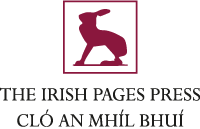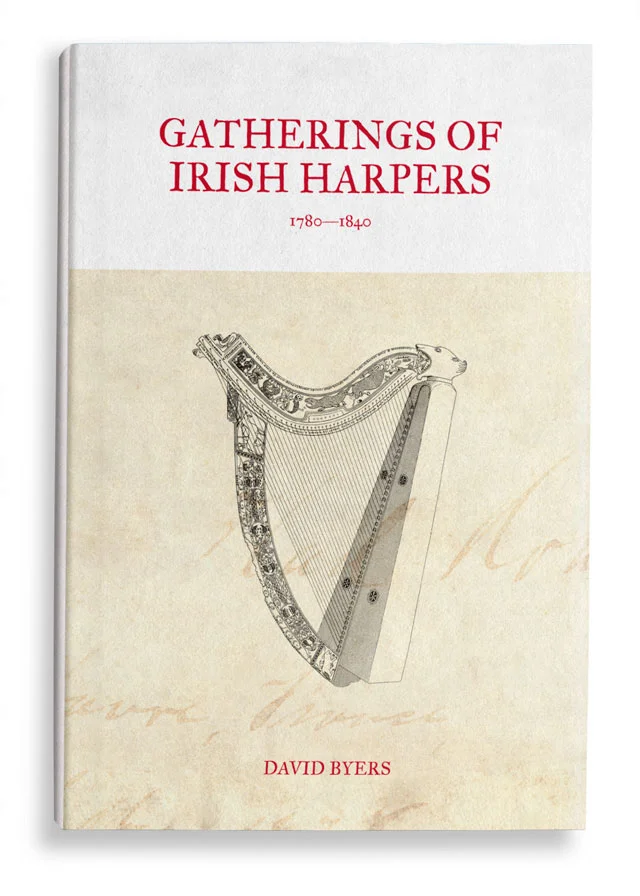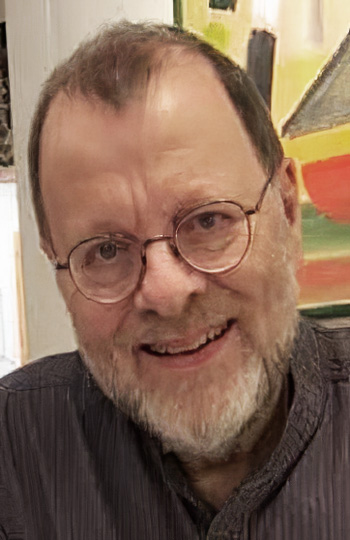Gatherings of Irish Harpers 1780 – 1840
DAVID BYERS
In 1792 the Harpers’ Meeting in Belfast was indeed an important event in the history and life of the town. Belfast’s reformers and radicals desired a better future, but they also shared an interest in the past. Through their support for the few surviving harpers, they hoped future generations might benefit from the survival of a tradition and an instrument, music, language, and practises that were all fast disappearing.
$15.00
From Belfast Monthly Magazine, September 1809: “But let it never be forgotten, that Belfast led the way…that in Belfast the first meeting of Irish Harpers (procured by the inhabitants at considerable expense) took place in the year 1792. That Bunting of Belfast, whose musical talents are universally admired, was the first to rescue the fast fading reliques of our tuneful bards from threatening oblivion, and to give the world a complete collection, of celebrated and original Irish airs. And, finally, that the first Society for diffusing a knowledge of the Harp, and perpetuating our national music, was instituted in Belfast, a society that is entitled to the grateful tributes of Irishmen, and that I doubt not will be honourably recorded in the future annals of our country’s taste, science, and glory.”
Written for the Harps Alive | An Chruit Bheo | Harps Leevin Festival, marking the 230th anniversary of Belfast’s celebrated 1792 Meeting of the Harpers.
desktop/tab
mobile
| Weight | 260 g |
|---|---|
| Dimensions | 223 × 155 × 10 mm |



